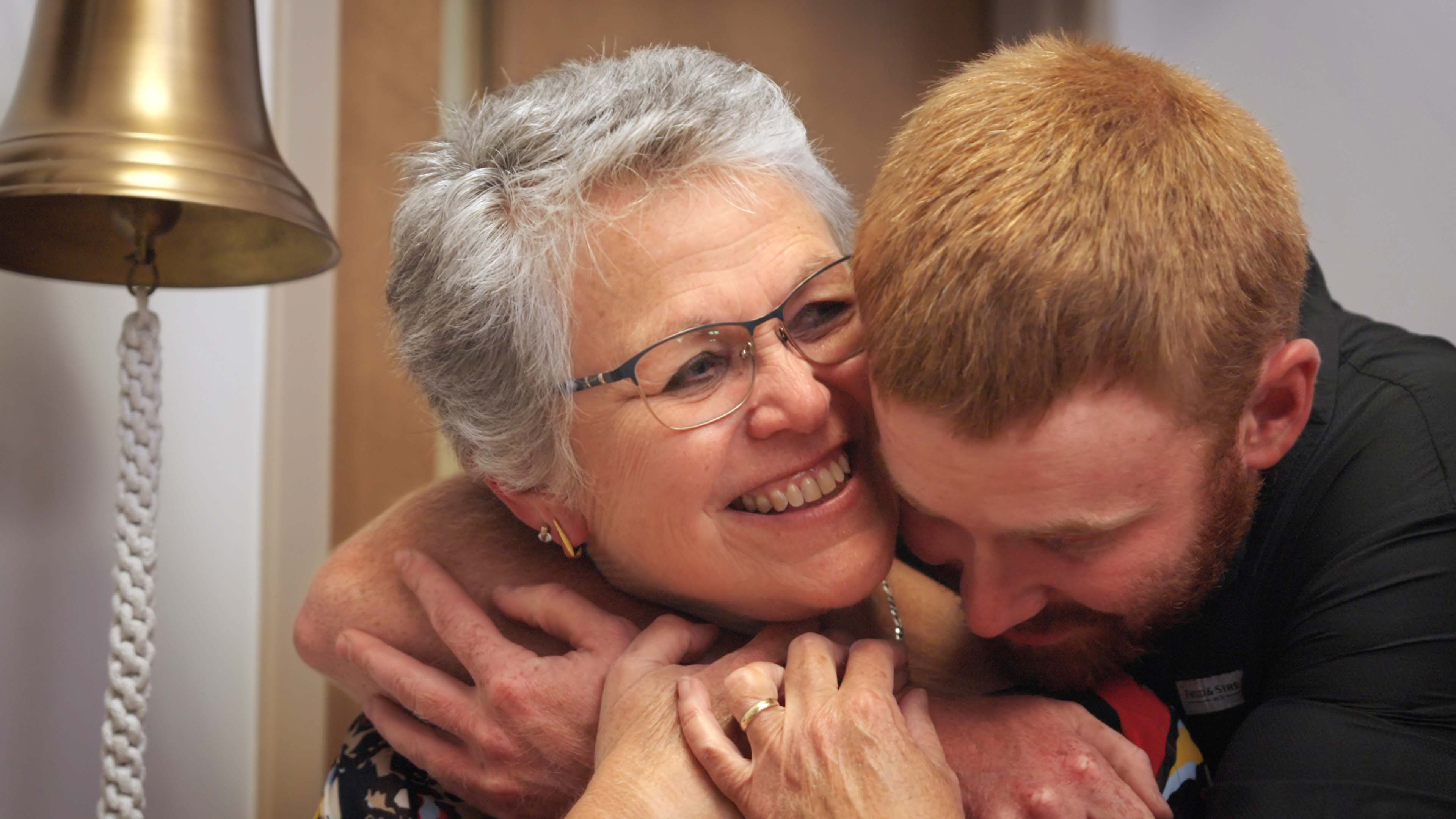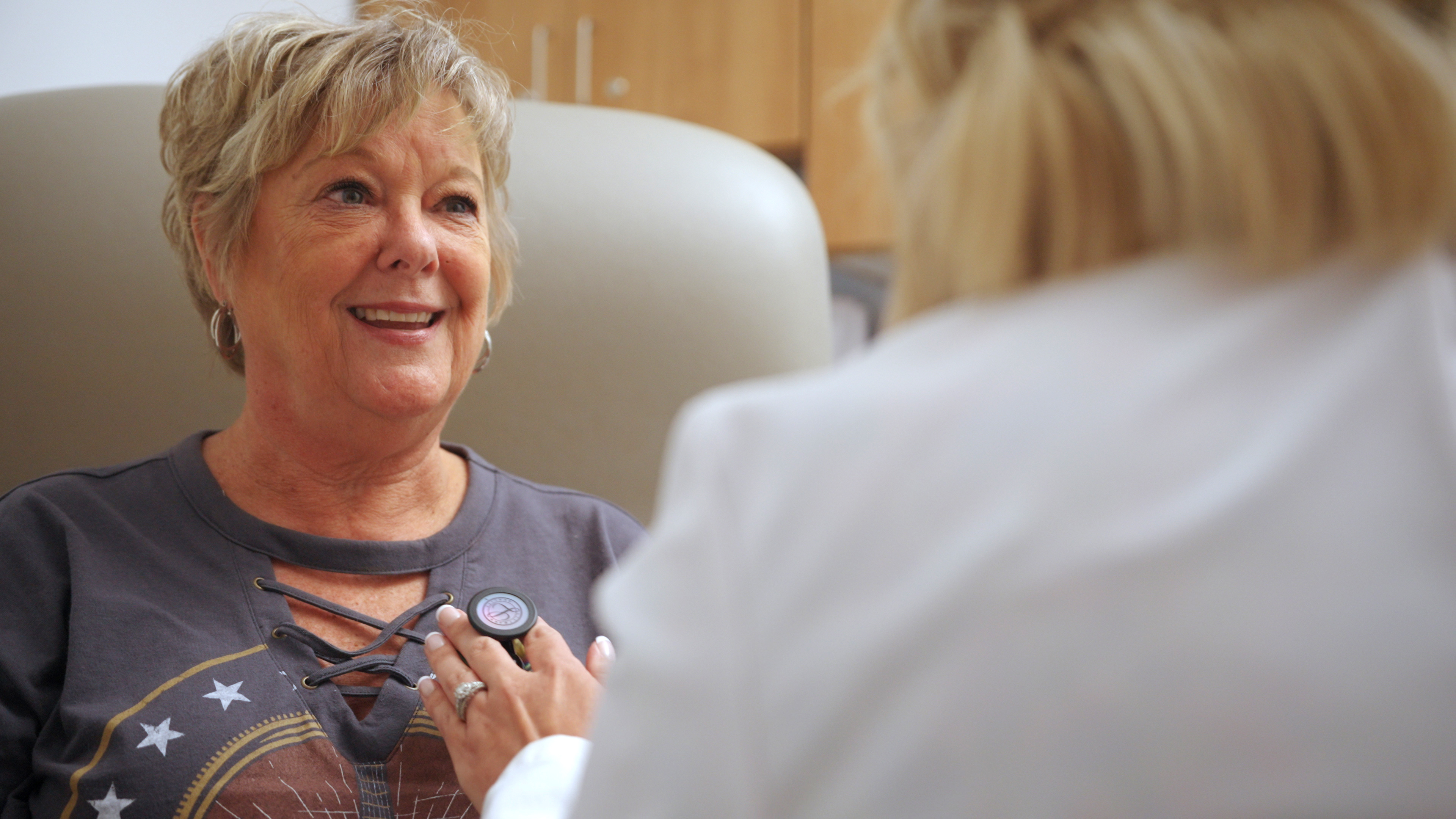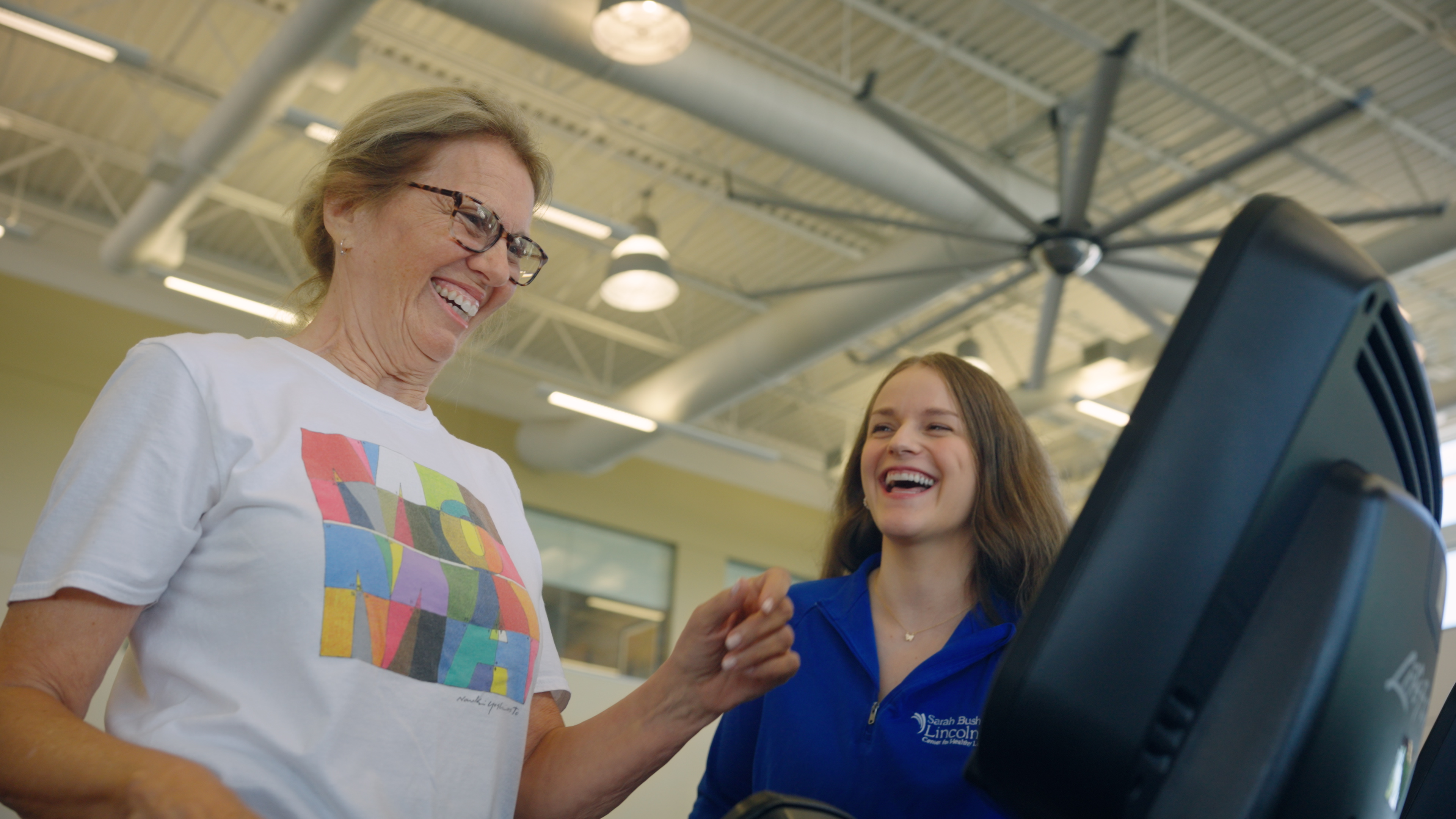 Joan Alverado, MD
Watch Dr. Alverado's Video
Joan Alverado, MD
Watch Dr. Alverado's Video
Joan Alverado, MD
SBL Family Physician Joan Alvarado’s interest in helping people with weight management began several years ago. She would often talk to her patients about exercise and taking part in events like Races for All Paces, Sarah Bush Lincoln’s annual run/walk. Joint pain and other health issues, including excess weight, made it difficult them to participate. Her patients would also talk about wanting to play with their children or grandchildren with ease.
Alvarado explained that there is often a stigma associated with excess weight where the person is viewed as lazy or not trying hard enough, “but the issue is often more complex.” Factors such as genetics, hormonal conditions and medications can impact a person’s ability to lose weight. “We need to view obesity like any other chronic medical condition. You can’t cure diabetes with just will alone. People often need medications and lifestyle modifications and that’s where medical providers can help,”Alvarado, said.
Prescription medications are a powerful partner in weight loss. In recent years, medications originally prescribed for diabetes management have been effective for weight loss in non-diabetics. Many work by curbing appetite and decreasing cravings and are taken orally or by daily or weekly injection. In addition to medications, behavior modification is as important for long-term success. Dr. Alvarado asks people keep a food diary. If they eat something unhealthy, they note why they ate it and if there were certain conditions, such as a stressful day at work. This practice helps with behavior changes and with identifing eating patterns and triggers.
Dr. Alvarado, who has been working with obesity issues for years has worked with people who have had great success. “I had a patient who has lost more than 200 pounds over the last two years by sticking to the regimen. She is very motivated to lose weight and change her lifestyle, so she can play with her daughter. Emotionally and physically she is a new person.”
Dr. Alvarado explained that keeping the weight off is the most challenging part of the journey. Part of the reason is a setpoint in the brain that tells our body to be “happy at that weight.” “When we lose weight, the body fights against that setpoint and wants to revert back to where it’s most comfortable. That’s why a holistic approach that includes lifestyle changes, physical activity and behavior modifications is so important,” she said.
As part of the Bariatric team Dr. Alvarado sees people prior to surgery to assess their health needs, concerns and whether they need to lose weight prior to surgery. “People who will be successful will need to be committed, because after surgery, life will change. You’re not going to go back your eating habits prior to surgery. I’m here to help them gain a lifestyle that they are satisfied with,” Alvarado, added.
For more information about the SBL Bariatric Program, call the Medical Clinic at the Center for Healthy Living at 217-238-4961.








